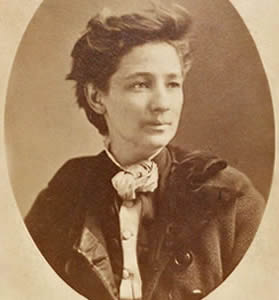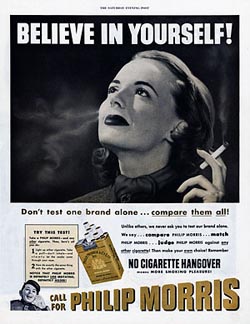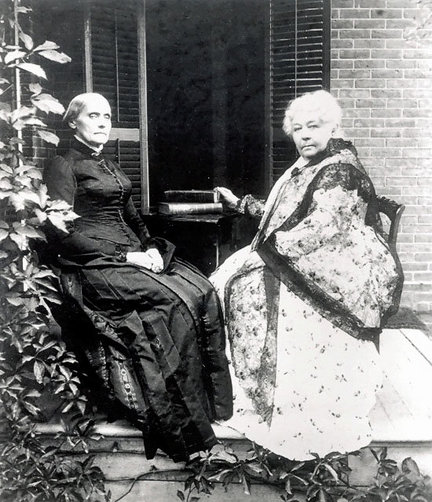

Perhaps if Victoria California Claflin’s (1838-1927) first marriage to Canning Woodhull had gone better (he was an alcoholic, womanizer), things would have been different and she wouldn’t be known today as the first woman to run for President in 1872, but what fun would that be? She and her sister started their own weekly paper, Woodhull & Claflin’s Weekly in 1870. During its six years of publication, she advocated “sex education, free love, women’s suffrage, short skirts, spiritualism, vegetarianism, and licensed prostitution,” but it was best known for printing Marx’s Communist Manifesto.
She was not only the first woman to run for U.S. President, she and her sister were the first female stockbrokers on Wall Street and she was the first woman to address a congressional committee, ” before the House Judiciary Committee. On January 11, 1871, Woodhull declared to the panel that women had already won the right to vote under the recently enacted 14th and 15th amendments. ” – history.com
She is credited by some as convincing Susan B. Anthony and Elizabeth Cady Stanton that women were already citizens based on the 14th and 15th Amendment and simply needed to vote. The same year she was nominated for President by the newly formed Equal Rights Party, she published a lurid story about Henry Ward Beecher, a well-known minister at the time who railed against Woodhull’s “free love” philosophy. Unfortunately for him, Woodhull’s GIRLFRIEND, Cady Stanton was told by Theodore Tilton that Beecher was having an affair with this wife (she confessed to her husband)! “Beecher stood trial for adultery in an 1875
legal proceeding that proved to be one of the most sensational legal episodes of the era, holding the attention of hundreds of thousands of Americans. The verdict was ultimately a hung jury.” source: Wikipedia – READ MORE

Want to hear more? Here’s info from The History Channel at history.com that you probably didn’t know:
Woodhull lost the backing of other suffragist leaders: Susan B. Anthony, Elizabeth Cady Stanton and other giants of the women’s suffrage movement embraced Woodhull around the time of her congressional appearance. But they soon had a falling out, in part over Woodhull’s political ambitions and love of the limelight. She did not get invited to speak at suffrage conventions following her first run for president, and Anthony even advised a British suffrage leader not to meet with her. “Both sisters are regarded as lewd and indecent,” Anthony wrote in a letter. Moreover, when Anthony, Stanton and Matilda Joslyn Gage published a comprehensive history of the women’s suffrage movement in the 1880s, they essentially left out Woodhull entirely.




